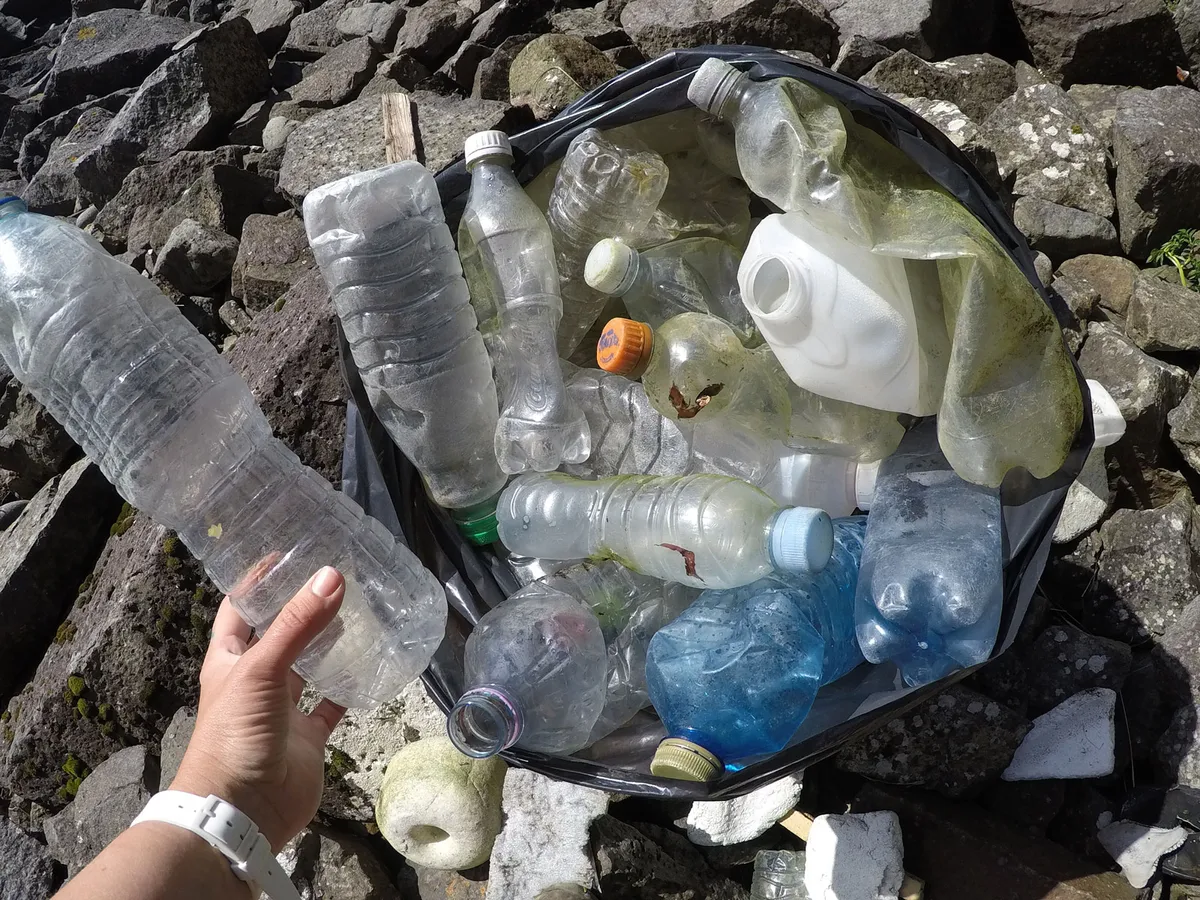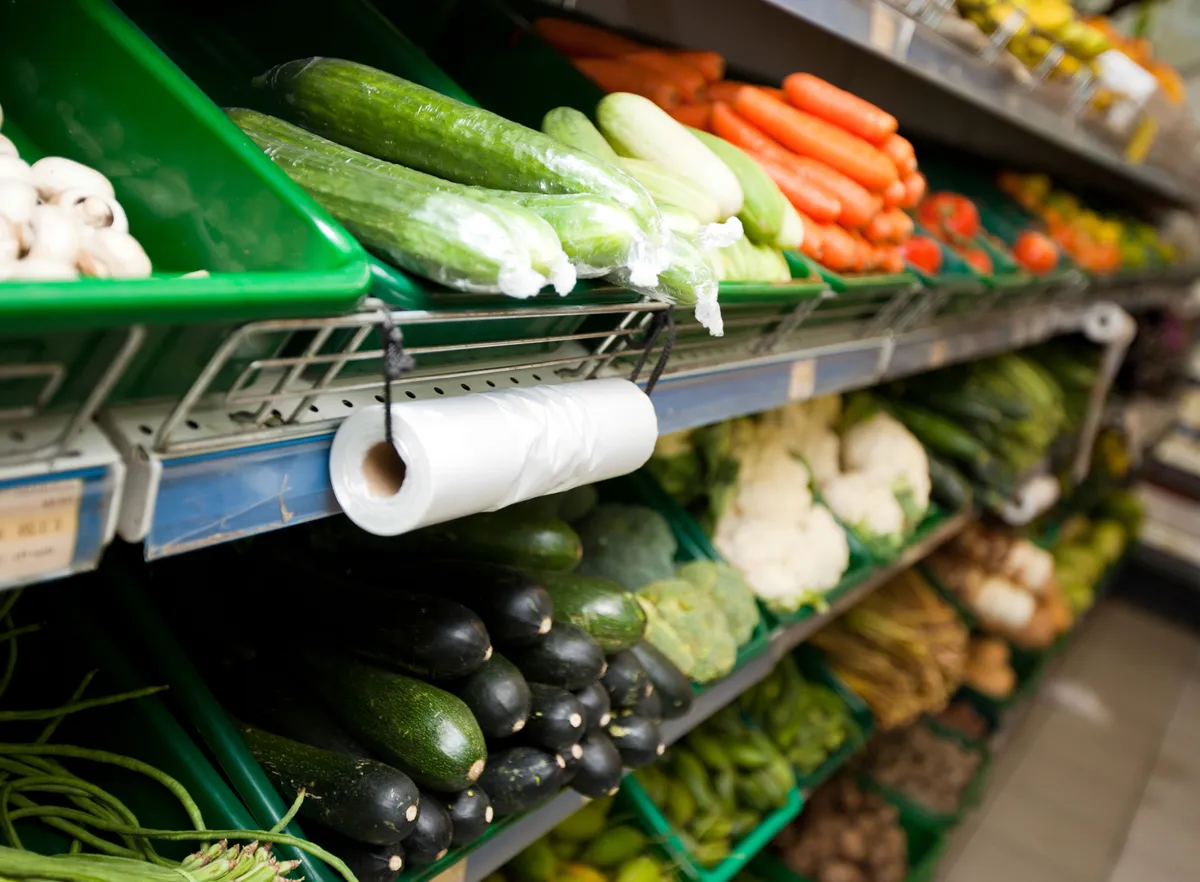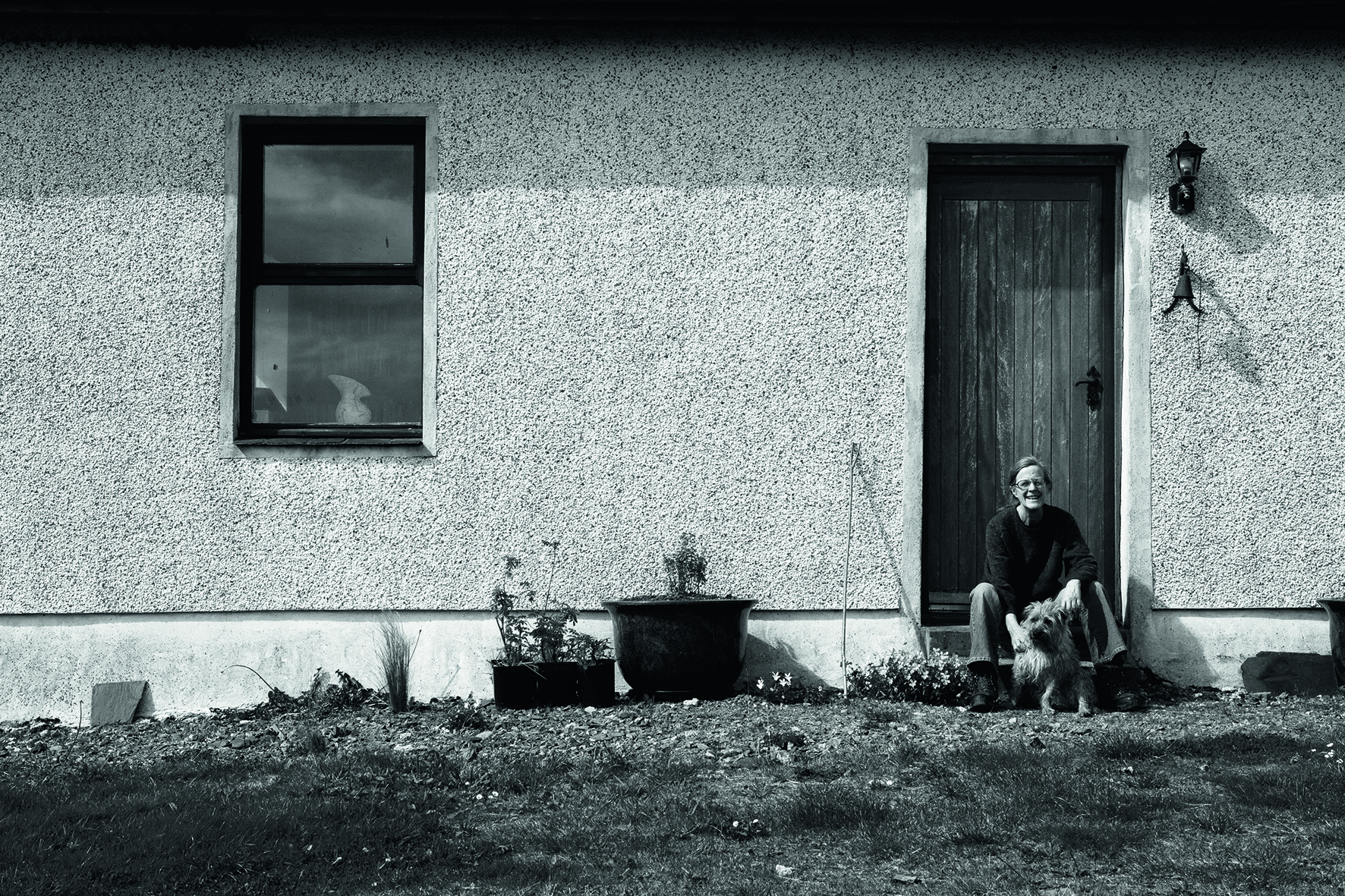We survived without plastic packaging before, so perhaps we could dispense with much of it again.
When I was an urban child in the 1950s, the milkman delivered the milk to the door in a glass bottle; when it was empty you rinsed the bottle and he took it away to be recycled. When I was a rural teenager in the 1960s, every day someone went to the farm with a large can and filled it with milk directly from the milking tank.
As a young adult I spent some time in rural Turkey. Every evening you filled your own bowl with milk and took it to the yoghurt maker and every morning you collected it, in the same bowl: ‘package-free’ dairy. Now there is no choice – you buy milk in a plastic bottle (and yoghurt in a plastic tub) or you do without. And it is illegal for a farmer to sell you untreated milk. For all the package-free talk, I have not encountered an attempt to sell milk the way we happily sell petrol – direct from tank to container via a handy nozzle.

Of course, it was not all ‘package-free shopping’ back then. The local haberdashery shop parcelled each and every purchase you made – even a single reel of sewing thread – in brown paper and tied it with string. The butcher wrapped your meat and the baker used large paper bags. And everyone had at least one shopping bag; they came in a variety of styles, sizes and materials. Was stuffing all your groceries into that bag a form of packaging? Not really, because the shopping bag was reusable, in many cases lasting for years, and usually biodegradable when eventually the handles became wobbly or you decided to get a new one.
Plastic pestilence
There are a number of problems with the way we shop presently, but the generation of enormous quantities of un-reusable plastic packaging, degrading our countryside and beaches and killing our wildlife, is one of the most important and the least necessary. It is also one we can all do something about. In fairness, I think the supermarkets are trying, although it is distinctly odd to be offered plastic bags to put your hand-selected unpackaged vegetables in.

One vital point is to what extent all this plastic has already been proven unnecessary. When it comes to grocery shopping, at least we have demonstrated that we prefer money to this particular convenience; making people pay for single-use plastic carrier bags has reduced their use to a degree that surprised me. If you can achieve a reduction of 86% by charging 5p per bag, what would happen if we charged 20p? There is still a good deal of space for further reduction – nationwide, we are still using over 30 plastic bags a year each. (Plus, of course, bottles, lids, storage boxes, air-tight wrapping around biscuits – you name it, we have plasticated it.)
The awareness of global warming and the resultant environmental damage is still fairly new and we are still learning, just as we had to learn about germs. What is clear is that plastic has some real and valuable uses, but also some very present dangers, particularly to species other than our own and to the natural beauty of our countryside. No one can really find a rural lane strewn with old plastic bottles and bags “a thing of beauty”. Just as we should teach children to wash their hands to kill any germs, so we should be teaching them to notice what plastics they use. If all ‘package-free’ supermarkets do is make us more aware, then that has to be a good thing.

